A couple of nights ago I was watching with my wife one of these homes improving and decoration series. I was half sleepy when suddenly I was startled to see a big lot full of logs. Obviously, it was not the first time I saw something like that. The difference was the size of the place and the voluminous “inventory” that the reality show presented.
The enormous embankment was full of dead trees, those that we called trunks after cutting them and passing them through processors that in seconds mutilate their vegetable arms, those that we baptized as branches, and they get rid of their small respiratory organs, to which someone once he put them leaves by name. Trees are helpless beings because they cannot run, fly or swim like any creature with hairs, feathers or scales. The tree is the easiest prey for our species. Not because we cannot hunt a blue whale, the most voluminous and heavy representative of the animal kingdom. With our knowledge, weapons and ammunition there is no prey that escapes us, no matter how fast or how fierce that is. From a rifle shot we can shoot down a fearsome and armored rhinoceros to extract its horn and with another shot kill a huge and friendly elephant to appropriate their tusks. It is an asymmetric war, too uneven that we are fighting and “winning” in a bad way to other species, our biodiverse neighbors with whom we share this blue condominium called Earth.
While the vendor explained to the decorator, her usual client, the different types of wood available, behind her the dynamic forces and the volumes that were handled on the site were observed. You could see trucks and trucks arriving, overflowing with their precious cargo. Far behind a heavy locomotive dragged dozens of wagons, also loaded with hundreds of freshly cut logs, which in minutes would join the already existing, deposited in a huge embankment that could not be covered with a single glance. Without exaggerating, there would be no less than 50 or 100 thousand dead trees, waiting to be sliced like loaves, which would have left behind them some two million square meters of deforested forests.
“There are pale browns, dark, red, gold and even black”, recited the vendor, with an order terminal in her hand that it seemed that neither the names of the beautiful tree species knew, nor did she care to know, since everything was handled at through smart codes.
If we could get inside the being of a tree, hide behind its thick bark, become its pulp, we would shake when we saw a Homo sapiens approach with a chain saw in his hand. If our roots allowed, we would run to hear the thunderous noise of a bulldozer driven by a human. We would mourn when we saw our parents and our vegetable brothers succumbing when they fell to the ground after the ax blows of the men. We would emit screams as we felt the teeth of the saw bite our body, cries and screams that would reverberate back and forth throughout the rain forest.
Killing a tree is a crime, even more so in this 21st century, after the Borneo catastrophe is an accomplished fact, carried out in the last three decades of the last century, on the third largest island in the world. The facts of Borneo occurred under the government of a corrupt military man, who clung to power with the cooperation of his closest generals. To gain their loyalty, he gave them concessions to deforest large lots of the humid forest until it was left in 2/3 deforested. The recipient countries and the companies involved also share responsibility in what happened, not only against the vegetation, but also of the animal species that lost their habitats and saw their populations decline, some at the extinction level, as well as against the own humanity that saw one of the most important plant lungs on the planet disappear.
Such was the magnitude of the ecocide that Borneo became, in the decades of 1980-1990, the largest exporter of timber in the world, even over the Amazon and Africa together. In this way, the beautiful and varied trunks of Borneo ended up as wooden houses, parquet floors, furniture, paper, clothes hooks and other objects.
With their action, the people in charge not only changed the landscape and annulled enormous ecosystems, but they also broke the natural cycle of the jungle and activated a local climate change that has had repercussions beyond its borders. It is believed that its effects may have reached distant Australia and Chile, where the largest forest fires in its history have occurred.
Some scientists say that what happened in Borneo is the biggest and fastest ecological catastrophe made by man in the history of mankind. Large-scale deforestation should be considered as biocide. Flushing a forest should be judged and punished as a crime against biodiversity. What happened in Borneo is irreversible in the short and medium term. But his example should serve so that these facts are not repeated in other forests and rain forests of the world, such as the Amazon. But, unfortunately, we receive news from the rainforest of South America, which indicates that in the great lung of the world deforestation already reaches important dimensions.
Sandor Alejandro Gerendas-Kiss

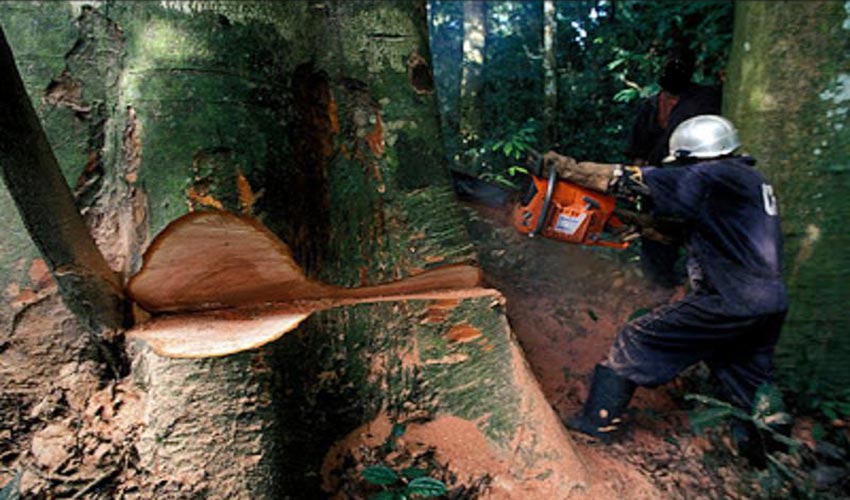
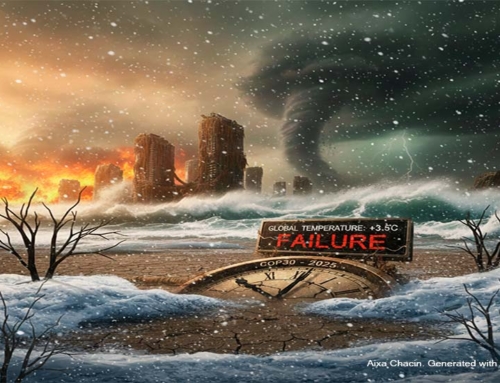
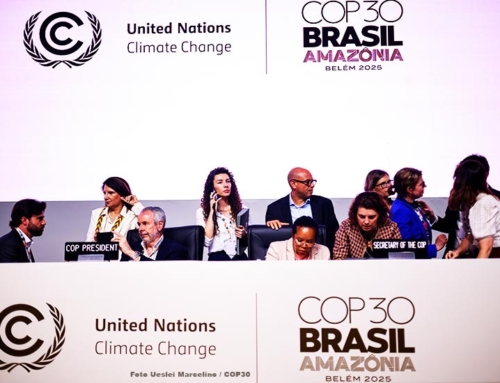
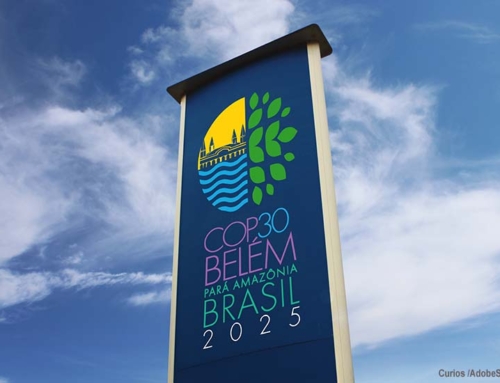
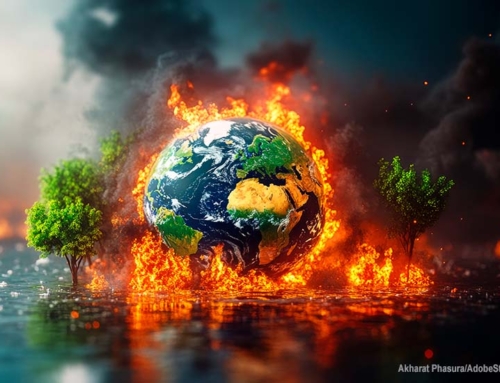

Leave A Comment